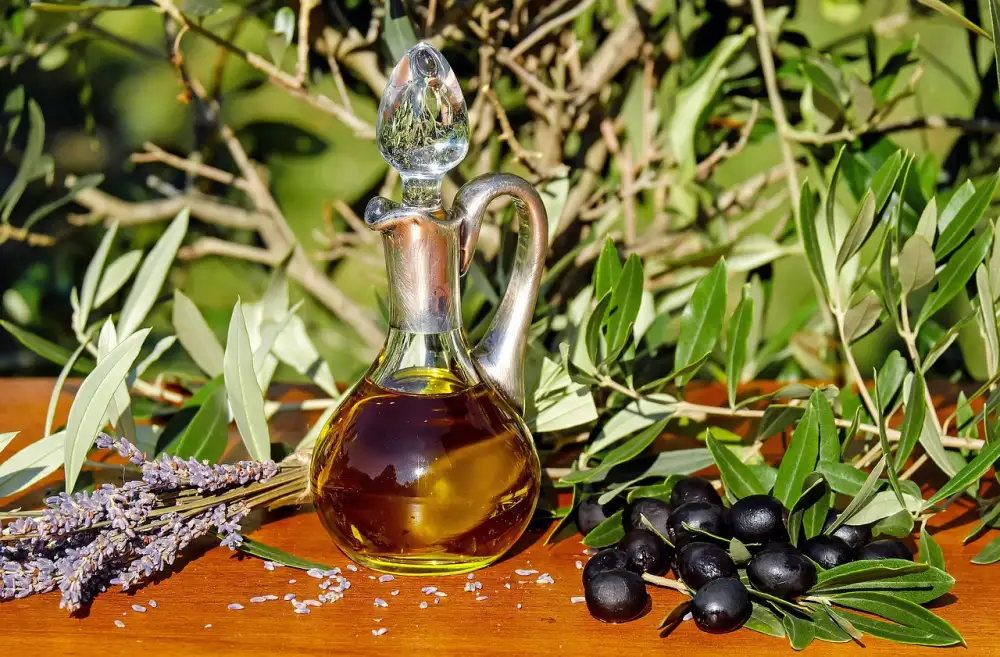Can Peppermint Oil Really Repel Mice? Unveiling the Truth for a Pest-Free Home

When it comes to keeping our homes free from pests, mice are often at the top of the list. These small creatures can cause damage to property and spread diseases, making their presence undesirable. While there are various methods available to repel mice, one natural solution that has gained popularity is peppermint oil. With its pleasant aroma and purported repellent properties, peppermint oil is believed to be an effective deterrent for mice. In this article, we will delve into the potential of peppermint oil as a mouse repellent and explore its effectiveness in creating a pest-free home.
Understanding the Behavior of Mice in Homes
Before delving into the potential of peppermint oil as a mouse repellent, it is crucial to understand the behavior of mice in homes. These small rodents are attracted to human dwellings due to the abundance of food, water, and shelter. Mice can squeeze through tiny openings as small as a dime, making it easy for them to enter our homes.
Once inside, mice establish their nests in hidden areas such as attics, basements, and wall voids. They are nocturnal creatures, meaning they are most active during the night when we are asleep. Mice have a keen sense of smell and can detect even the tiniest food particles left behind.
Mice reproduce rapidly, with females capable of producing up to 10 litters per year. Each litter can consist of 5-6 baby mice who reach maturity within a few months. This rapid reproduction cycle makes it essential to address a mouse infestation promptly.
Mice pose various risks to our homes and health. They gnaw on electrical wires, which can lead to short circuits and fires. Their droppings and urine can contaminate surfaces and spread diseases such as hantavirus and salmonella.
To effectively repel mice from our homes, it is vital to consider their behaviors and habits. By understanding what attracts them and how they navigate through our living spaces, we can implement appropriate measures for prevention and control.
Exploring the Repellent Properties of Peppermint Oil
Peppermint oil has long been believed to possess natural repellent properties against mice. The strong scent of peppermint is said to be overwhelming for these rodents, deterring them from entering homes and infesting living spaces. But what is it about peppermint oil that makes it so effective in repelling mice?
The key lies in the active ingredient found in peppermint oil: menthol. Menthol acts as a powerful deterrent by disrupting the mouse's sense of smell and taste. Mice rely heavily on their olfactory senses to navigate their surroundings and locate food sources. When exposed to the strong scent of peppermint oil, mice become disoriented and confused, making them less likely to venture into treated areas.
Furthermore, studies have shown that peppermint oil can also affect the respiratory system of mice. The strong aroma irritates their nasal passages, making it uncomfortable for them to breathe and discouraging them from staying in treated areas.
It's important to note that while peppermint oil may be effective in repelling mice, it is not a foolproof solution. Its effectiveness may vary depending on factors such as the severity of the infestation and the specific species of mice present.
In the next section, we will delve into scientific studies conducted to determine the true effectiveness of peppermint oil as a mouse repellent. By understanding these studies, we can gain a clearer picture of whether or not peppermint oil truly lives up to its reputation as a natural mouse deterrent.
Scientific Studies on the Effectiveness of Peppermint Oil
Scientific studies have been conducted to determine the effectiveness of peppermint oil as a mouse repellent. One study published in the Journal of Agricultural and Food Chemistry found that peppermint oil was effective in repelling mice and reducing their activity. Another study published in the International Journal of Pest Management also concluded that peppermint oil had a significant repellent effect on mice. These studies provide evidence that peppermint oil can indeed be an effective natural deterrent for mice in your home.
How to Use Peppermint Oil to Repel Mice in Your Home
To effectively use peppermint oil as a mouse repellent in your home, follow these steps:
1. Choose the right type of peppermint oil: Look for 100% pure, therapeutic-grade peppermint essential oil. Avoid diluted or synthetic versions, as they may not have the same repellent properties.
2. Identify problem areas: Locate the areas where mice are most active or where you suspect they may be entering your home. Common entry points include gaps in walls, windows, doors, and utility lines.
3. Prepare a solution: In a spray bottle, mix 10-15 drops of peppermint oil with water. Shake well to ensure the oil is evenly distributed.
4. Apply the solution: Spray the peppermint oil solution along potential entry points and areas frequented by mice. Focus on doorways, windowsills, baseboards, and corners of rooms.
5. Refresh regularly: Reapply the solution every few days or when you notice the scent fading. This will help maintain its effectiveness as a deterrent.
6. Use cotton balls or sachets: If you prefer not to use a spray, soak cotton balls in peppermint oil and place them strategically around your home near entry points or in areas where mice are active.
Remember that while peppermint oil can be effective in repelling mice, it may not completely eliminate an infestation on its own. It is best used as part of an integrated pest management approach that includes sealing off entry points and maintaining cleanliness in your home to discourage mice from returning.
Other Natural Methods to Deter Mice
In addition to using peppermint oil, there are several other natural methods you can try to deter mice from your home. One effective method is using vinegar. Mice have a strong aversion to the smell of vinegar, so spraying it around entry points and areas where they may be hiding can help keep them away.
Another option is using essential oils such as eucalyptus or lavender. These oils have strong scents that mice find unpleasant, making them less likely to enter your home. Simply dilute a few drops of the oil in water and spray it around areas where mice are known to frequent.
You can also use natural repellent plants like mint or rosemary. Planting these herbs near entrances or windows can help repel mice due to their strong odor.
Lastly, keeping a clean and clutter-free home is crucial in deterring mice. Mice are attracted to food crumbs and cluttered spaces where they can hide. By regularly cleaning up spills, storing food properly, and organizing your belongings, you make your home less appealing to mice.
While these natural methods may not be as potent as peppermint oil, they can still be effective in preventing mice from entering your home. Experiment with different approaches and find what works best for you in creating a pest-free environment.
In conclusion, peppermint oil shows promising potential as a mouse repellent for your home. Its strong scent and active compounds have been found to deter mice and prevent them from entering your living space. Scientific studies have provided evidence of its effectiveness in repelling these pests. By using peppermint oil strategically around your home, you can create an environment that is unappealing to mice and discourage their presence. While it may not be a foolproof solution, combining peppermint oil with other natural methods can further enhance its effectiveness in keeping mice at bay. Consider incorporating this natural remedy into your pest control routine for a cleaner, pest-free home.
Published: 28. 12. 2023
Category: Food



